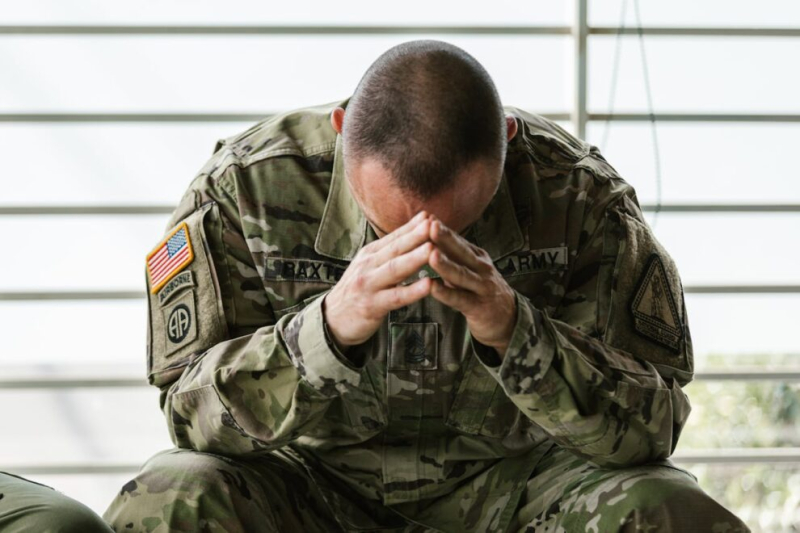Contents
If you’ve been diagnosed with mesothelioma and your initial VA claim has been denied, you’re not alone. In 2025, many veterans are still facing long waits, denials, and confusing appeals processes even though asbestos exposure during military service is well documented.
VA Claim Denials Are Rising, But So Are Appeals
Across the country, data from the Board of Veterans’ Appeals (BVA) shows a surge in appeals foiled by veterans with asbestos-related illnesses. Many veterans face initial denials when filing mesothelioma-related VA claims. These denials often stem from missing or incomplete service records, inadequate medical documentation, or difficulty proving that asbestos exposure occurred during active duty, according to veterans’ advocacy groups and VA guidance.
You might feel discouraged by this, especially if you’re already battling an aggressive illness. But the latest trend shows that more veterans are successfully overturning these decisions on appeals. Legal advocates say the new VA policies recognize mesothelioma as a presumptive condition when service-related exposure is clear.
Legal Strategies Veterans Are Using in 2025
One major shift this year has been how legal terms are structuring appeals. Veterans should build stronger initial evidence packets, including detailed service histories, testimony from shipmates or unit members, and medical nexus letters from asbestos specialists.
Another strategy gaining traction in 2025 is requesting a Higher-level Review (HLR) immediately after a denial. This process assigns a more experienced VA adjudicator to re-examine your claim. It has been resolving many denials without the need to go through the lengthy Board appeal route.
Law firms are also increasingly coordinating with mesothelioma specialists who can connect medical evidence directly documented asbestos exposure during your service years. These expert opinions carry significant weight in appeals and can help fast-track decisions.
The Role of New VA Policies
The VA has prioritized processing claims from terminally ill veterans, including those with mesothelioma, and has faced pressure from Congress to reduce the overall claims backlog. Under recent PACT Act initiatives, the VA allows certain terminally ill veterans to have their claims expedited. If your claim was denied, you can now request priority processing during appeal based on the seriousness of your condition.
At the same time, the VA’s digital modernization has made it easier to submit supplemental claims online. Many veterans who were denied before are resubmitting with stronger evidence and winning approvals, sometimes within just a few weeks.
Combining VA Benefits and Legal Options
While you focus on securing your mesothelioma VA benefits, legal teams can also help you pursue asbestos trust fund claims or private lawsuits against manufacturers that supplied asbestos products to the military. These claims don’t affect your VA benefits and can provide additional financial relief for treatment and family support.
Veterans advocates emphasize that combining both routes has become a popular trend in 2025, especially as medical costs keep rising. It’s about building a comprehensive safety net, not choosing one path over the other.
Endnote
Getting a denial letter is frustrating, but it’s not the end of the road. In 2025, more veterans are successfully appealing denials than ever before, thanks to stronger legal strategies, faster VA processes, and growing recognition of asbestos exposure during service.



